The wild turkey has been a major conservation success story across the USA, yet that doesn’t mean that the species is without challenges. Turkeys roost in trees which keeps them above prowling foxes, coyotes, bobcats, and other night-hunting predators. Unfortunately, turkeys nest on the ground, a circumstance that puts hens, nests, and polts in harm’s way.
Who Cares?
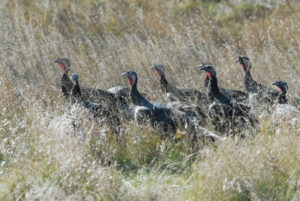 This post from the National Wild Turkey Federation is based on a study conducted by the Pennsylvania Game Commission and explains the results of this study. You won’t find this information from a non-hunting source because the general public doesn’t care about the wild turkey any more than they care about ringneck pheasants or Bobwhite quail that virtually vanished from a habitat where they were once abundant. Hunters are the true conservationists, the reason you are reading this post at this time. You care about wild animals and your actions show it.
This post from the National Wild Turkey Federation is based on a study conducted by the Pennsylvania Game Commission and explains the results of this study. You won’t find this information from a non-hunting source because the general public doesn’t care about the wild turkey any more than they care about ringneck pheasants or Bobwhite quail that virtually vanished from a habitat where they were once abundant. Hunters are the true conservationists, the reason you are reading this post at this time. You care about wild animals and your actions show it.
Reducing Predation
The results of this study are interesting because they demonstrate the scope of wild turkey predators that include coyotes, bobcats, foxes, raccoons, black bears, hawks, and owls. The study focused on hen mortality rather than nest breakup. That is, a predator that destroyed a nest was not documented, because the hen survived the attack. If we could include nest destruction, you might find possums and skunks among the mix.
We all have opinions on wildlife subjects, but kudos to the PA Game & Fish Commission for providing the science in this post from the NWTF:
As any hunter will tell you wild turkeys are delicious. Unfortunately for game managers, we’re not the only species that believes that, though. At some stage of their lives wild turkeys are on the menu of a wide range of predators, from newly-hatched chicks that are eaten by ants and crows to adult birds that are targeted by bears and mountain lions. But which predatory species are responsible for the most losses.
http://www.nwtf.org/conservation/article/turkey-killers

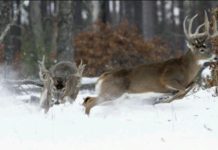
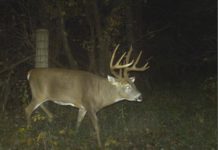
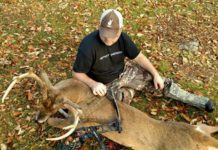
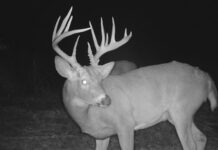


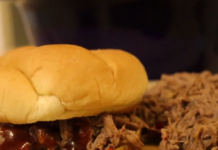

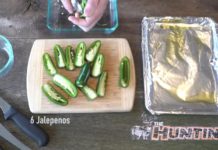
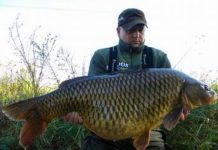
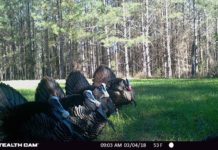

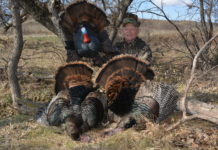

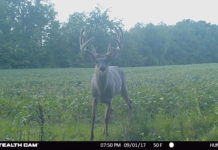
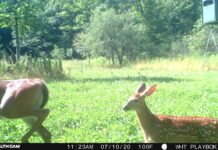
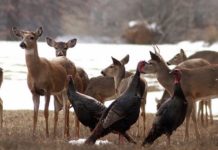
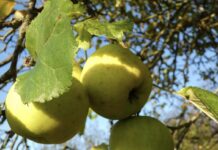
![The Best Deer Camp Chili [VIDEO] Deer Chili Ingredients, Tomatoes, Chili Spices](/wp-content/uploads/2015/10/Deer-Chili-Deer-Camp-Recipe-218x150.jpg)
![How to Call Elk Early in the Season [VIDEO]](/wp-content/uploads/2016/08/byers003-218x150.jpg)

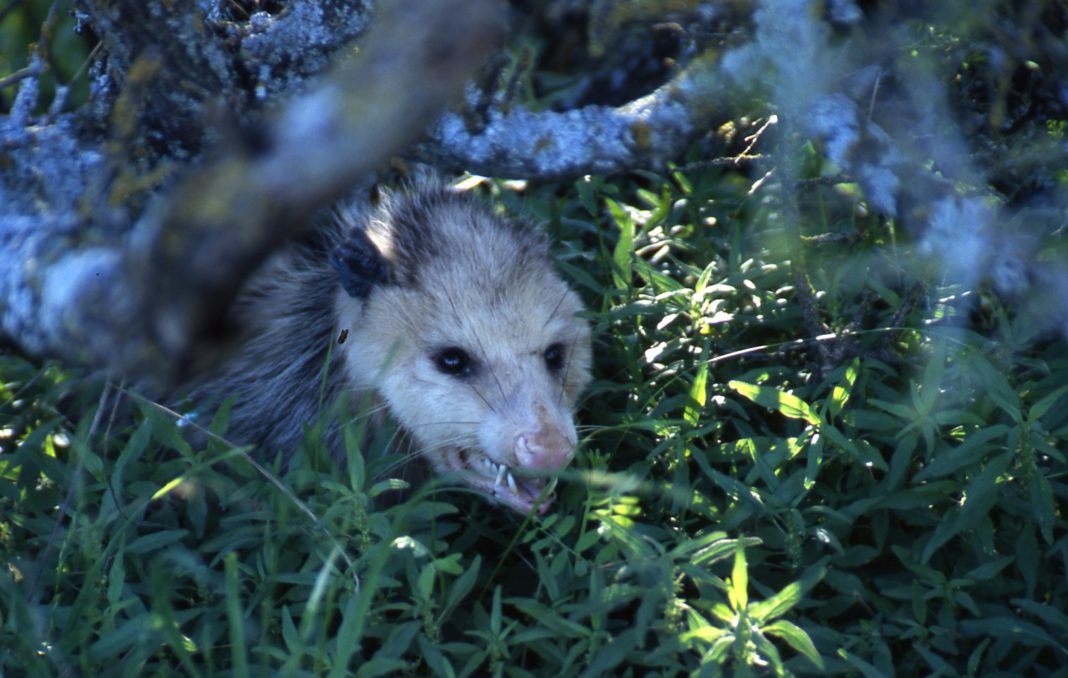


![Idiots Disturb Hunter: How Would You Have Handled It? [VIDEO]](/wp-content/uploads/2015/10/DSC00110-e1474487693878-100x70.jpg)
![Albino Buck Shocked to Shed His Antlers [VIDEO]](/wp-content/uploads/2015/10/AlbinoDeer-100x70.jpg)